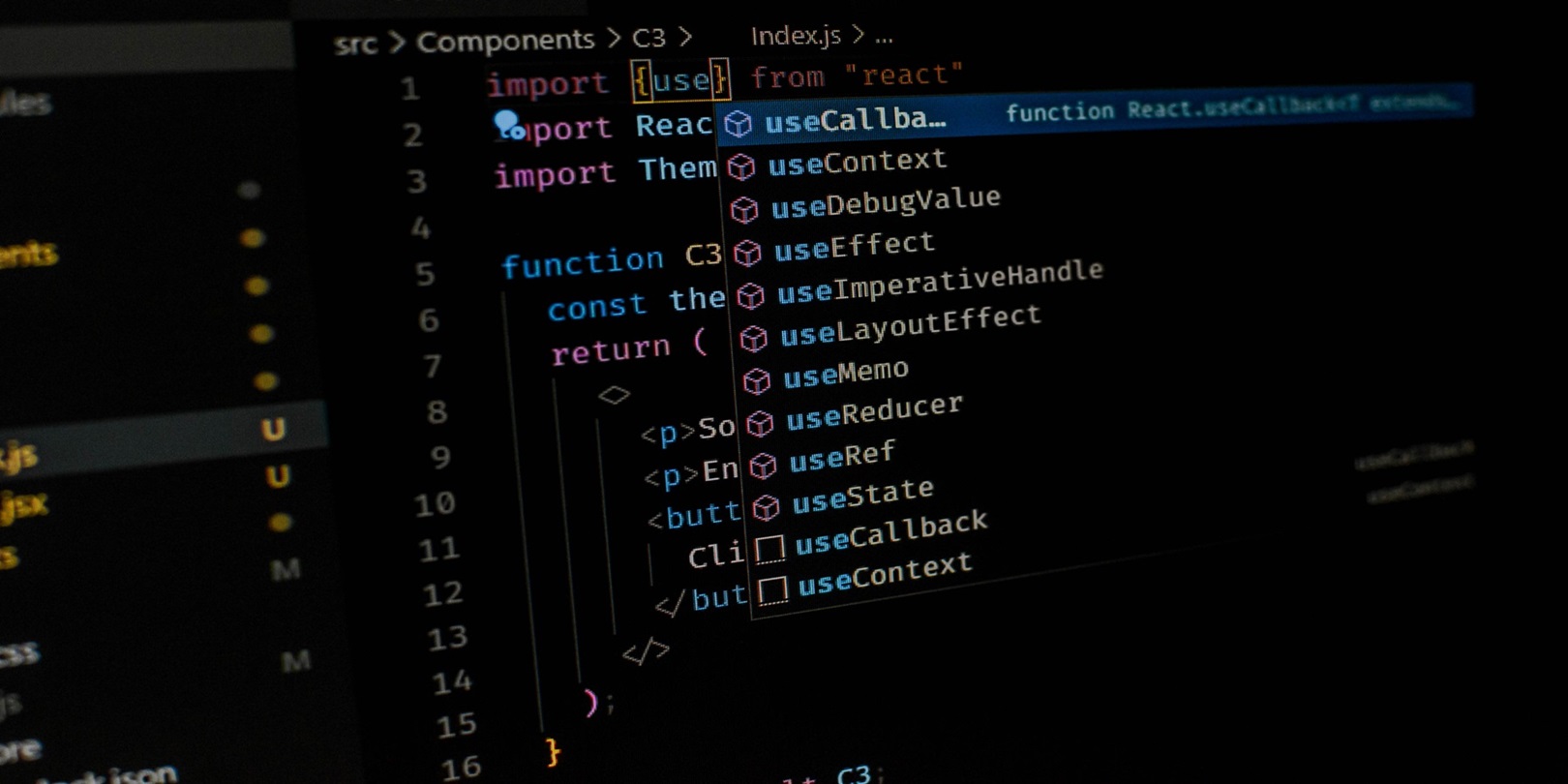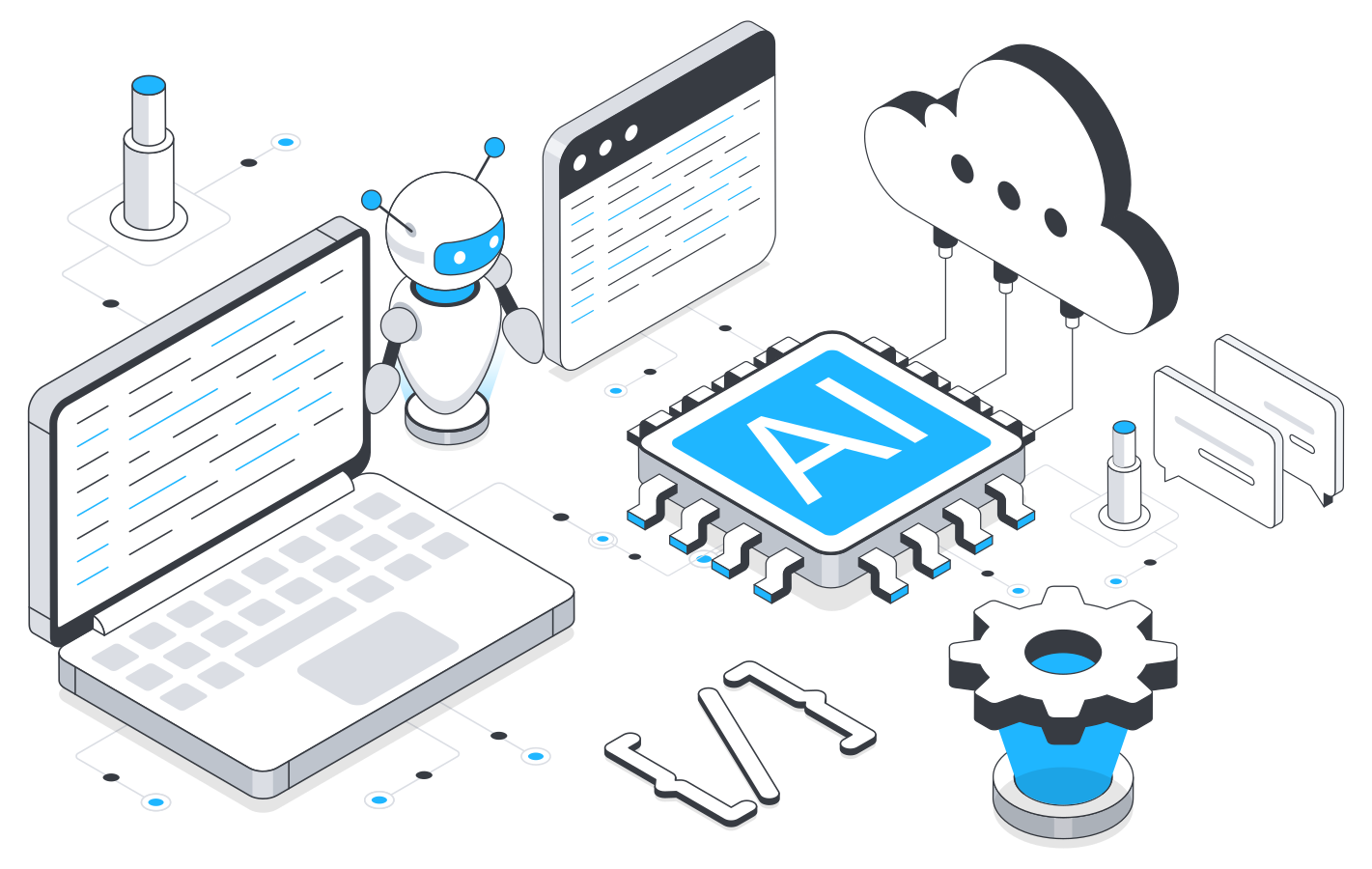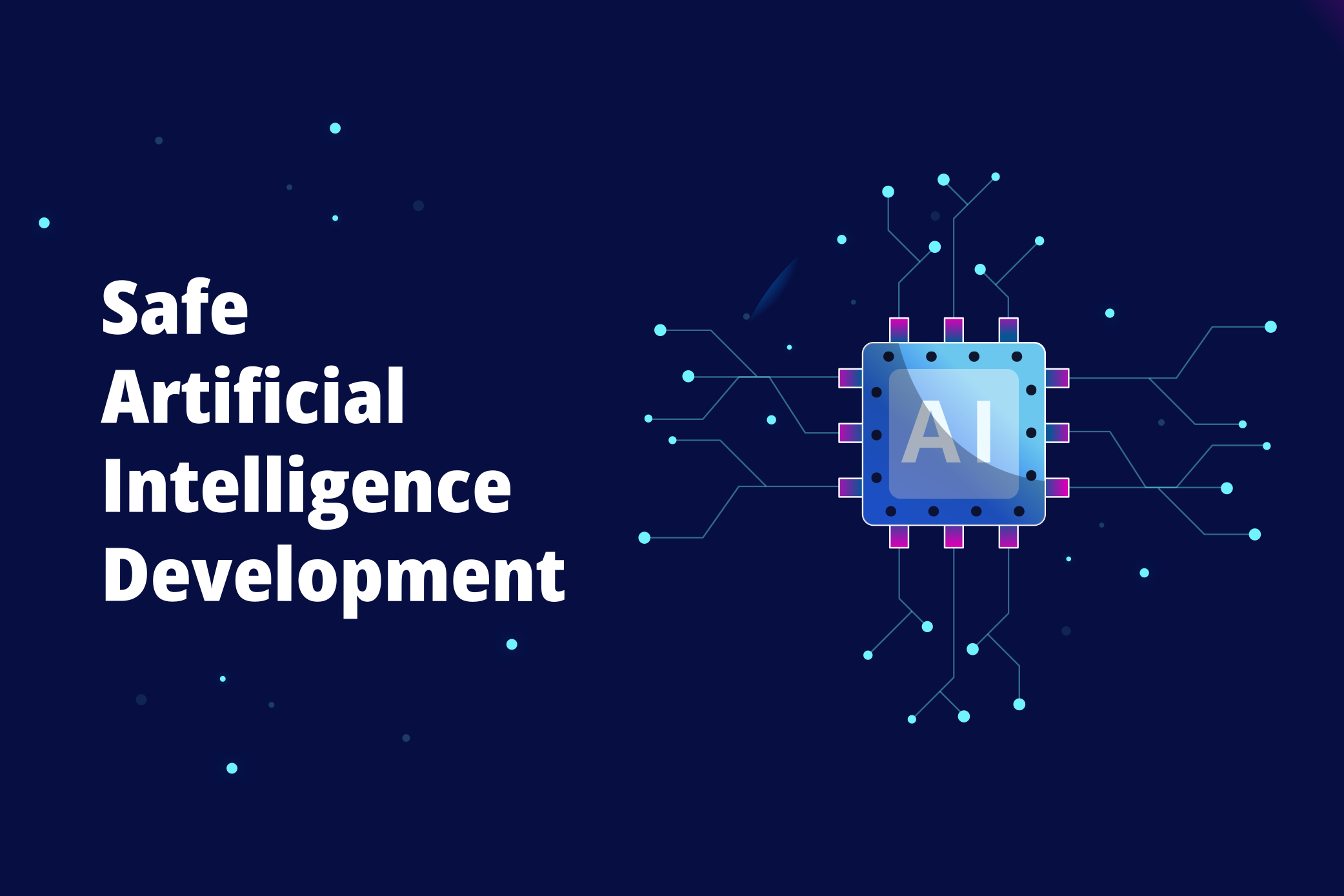Introduction
The software development process is increasingly intricate, demanding speed, accuracy, and innovation. As technology advances, the tools available to us also improve. Among these, Artificial Intelligence (AI) has become a transformative force, reshaping the way developers tackle everything from coding to testing and deployment. AI-assisted tools have the potential to elevate the software development process to new heights by enhancing efficiency, reducing errors, and fostering creativity.
This blog post delves into how AI-assisted tools can revolutionize software development, exploring the various stages of the development lifecycle and how AI can be integrated effectively.
Enhanced Code Generation and Assistance
One of the most immediate ways AI impacts software development is through code generation and assistance. AI-powered code editors, such as GitHub Copilot, provide real-time suggestions, auto-complete code snippets, and even generate entire functions based on a developer's intent. This not only accelerates the coding process but also reduces the likelihood of syntax errors and logical flaws.
- AI-Assisted Code Completion: AI tools analyze massive code repositories to suggest contextually appropriate code, helping developers write cleaner and more efficient code faster.
- Automated Code Refactoring: AI can automatically refactor code to improve readability, maintainability, and performance without altering its functionality.
Several AI-powered tools are leading the way in enhanced code generation and assistance:
- GitHub Copilot: An AI pair programmer that provides code suggestions in real-time, helping developers write code faster and with fewer errors.
- Tabnine: Uses deep learning to provide intelligent code completion and suggestions, supporting multiple languages and IDEs.
- CodeGuru: A machine learning-powered service by AWS that provides intelligent recommendations to improve code quality and performance.

AI-assisted tools don't just help with coding; they also assist in understanding and navigating codebase. This is particularly useful in large projects where understanding legacy code can be time-consuming and error-prone.
Intelligent Bug Detection and Resolution
Bugs are an inevitable part of software development, but the process of detecting and fixing them can be arduous. AI-assisted tools are making this process more efficient by identifying potential bugs before they become major issues.
- Static Code Analysis: AI tools like SonarQube use machine learning to analyze code for potential bugs, vulnerabilities, and code smells, providing developers with actionable insights.
- Predictive Analytics: AI can predict areas of the code that are most likely to contain bugs based on historical data, allowing developers to focus their efforts more effectively.
- Automated Bug Fixes: Some AI tools such as DeepCode, CodeGuru, and Embold can even suggest or automatically implement fixes for detected bugs, reducing the time between detection and resolution.
The integration of AI into bug detection not only speeds up the development process but also enhances the overall quality of the software, leading to more robust and reliable applications.
Streamlined Testing and Quality Assurance
Testing is a critical stage in the software development lifecycle, and AI is playing a pivotal role in transforming how testing is conducted. Traditional testing methods are time-consuming and often require significant manual effort. AI-assisted tools streamline this process by automating various aspects of testing, from test case generation to execution.
- Automated Test Case Generation: AI can analyze the codebase and automatically generate test cases, ensuring comprehensive test coverage with minimal manual intervention.
- AI-Driven Test Execution: AI tools can prioritize and execute test cases based on risk analysis, focusing on the most critical areas of the application first.
- Continuous Testing and Monitoring: AI enables continuous testing by automatically running tests after each code change, providing immediate feedback to developers and ensuring that new changes do not introduce regressions.
Several AI-powered tools are available to enhance testing and quality assurance:
- Testim: Utilizes AI to create, execute, and maintain automated tests, learning from test runs to improve accuracy and reduce flakiness.
- Functionize: Offers an AI-powered testing platform that automates functional testing with self-healing capabilities, reducing the need for manual intervention.
- Applitools: Uses AI for visual testing, ensuring that UI changes do not inadvertently affect the user experience across different devices and screen sizes.
- Mabl: Combines machine learning with automated testing to provide intelligent, scalable, and easy-to-maintain test suites.
By automating and optimizing testing, AI-assisted tools reduce the time and resources required for quality assurance, enabling faster release cycles without compromising on quality.
Optimized Project Management and Collaboration
Project management and collaboration are essential components of any software development process. AI-assisted tools are enhancing these aspects by providing intelligent insights, automating routine tasks, and facilitating better communication among team members.
- AI-Enhanced Task Management: Tools like Asana and Jira are incorporating AI to prioritize tasks, predict project timelines, and allocate resources more effectively.
- Automated Workflow Management: AI can automate repetitive tasks, such as status updates and notifications, allowing project managers to focus on higher-level strategic planning.
- Smart Documentation and Knowledge Management: AI-driven documentation tools such as Document360, GitBook, Tettra, and Confluence can automatically generate and update project documentation, ensuring that teams have access to up-to-date information at all times.
AI-assisted project management tools are not just about efficiency; they also foster a more collaborative and transparent environment, which is crucial for the success of any development project.
Continuous Integration and Continuous Deployment (CI/CD) Automation
The CI/CD pipeline is a crucial aspect of modern software development, enabling teams to deliver updates and new features rapidly and reliably. AI-assisted tools are enhancing the CI/CD process by automating various stages and providing intelligent insights.
- Automated Code Merging: AI tools can automatically merge code changes, resolving conflicts and ensuring that the codebase remains stable.
- Intelligent Deployment: AI can optimize the deployment process by predicting the impact of new releases and selecting the best deployment strategy.
- Continuous Monitoring and Feedback: AI can continuously monitor the deployed application, providing real-time feedback and detecting issues before they affect end-users.
Several AI-powered tools are available in the CI/CD marketplace, each offering unique capabilities to enhance and streamline the process:
- Harness: Uses AI to automate and optimize the CI/CD pipeline with features like automated canary deployments and intelligent rollback mechanisms.
- Jenkins X: An AI-enhanced extension of Jenkins that simplifies CI/CD in Kubernetes environments with predictive analytics for deployment management.
- Spinnaker: Leverages AI to optimize multi-cloud deployment strategies, integrating machine learning to reduce deployment risks.
- Codefresh: A Kubernetes-native CI/CD platform with AI-driven smart test selection and automated rollback features.
By automating and optimizing the CI/CD process, AI-assisted tools enable faster release cycles, allowing teams to deliver value to users more quickly.
Empowering Developers with AI-Driven Learning
Finally, AI-assisted tools are empowering developers by providing personalized learning experiences. These tools can analyze a developer's coding habits and suggest resources, tutorials, and courses to help them improve their skills.
- Personalized Learning Paths: AI tools can recommend learning materials based on a developer's strengths and weaknesses, helping them acquire new skills more effectively.
- Real-Time Feedback and Learning: AI-assisted code editors provide real-time feedback, helping developers learn from their mistakes and improve their coding practices.
- Community and Knowledge Sharing: AI can facilitate knowledge sharing within development teams by recommending relevant discussions, articles, and code snippets.

By integrating AI-driven learning tools into the development process, organizations can foster continuous improvement and ensure that their teams remain at the cutting edge of technology.
Conclusion
AI-assisted tools are revolutionizing the software development process, offering benefits that range from increased efficiency and accuracy to enhanced security and innovation. By integrating AI into various stages of the development lifecycle, teams can not only improve the quality of their software but also accelerate time-to-market and foster a more collaborative and innovative environment.
The future of software development is undoubtedly intertwined with AI, and those who embrace these tools today will be better positioned to lead in the rapidly evolving tech landscape. Whether you are a developer looking to enhance your coding efficiency or a project manager aiming to optimize workflows, AI-assisted tools offer the potential to elevate your software development process to new heights.
